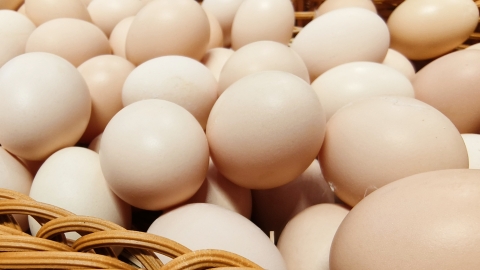Can I eat eggs when I have a cold?
Generally speaking, you can eat eggs in moderation when you have a cold. Eggs can provide nutrients to help your body recover, but attention should be paid to cooking methods and portion sizes to avoid increasing the burden on the body. The specific analysis is as follows:

Eggs are rich in high-quality protein, as well as vitamins A and D, B-complex vitamins, and minerals such as iron and phosphorus. During a cold, the body requires more energy to fight the illness, and moderate egg consumption can supply protein and energy, helping to enhance immunity and promote recovery. Eggs are mild in nature and generally do not conflict with the body's condition during a cold. Eating them in reasonable amounts typically does not cause adverse reactions. However, some people may experience weakened gastrointestinal function during a cold. Eating excessive amounts of eggs—especially fried or pan-seared eggs—may increase the burden on the digestive system, leading to discomfort such as bloating and indigestion.
When having a cold, it is recommended to consume no more than one egg per day, preferably prepared using light and easily digestible methods such as steaming or boiling. It is also important to maintain a light diet during a cold, drink plenty of warm water, include fresh vegetables for vitamin intake, ensure adequate rest, and avoid overexertion, all of which contribute to a faster recovery.






